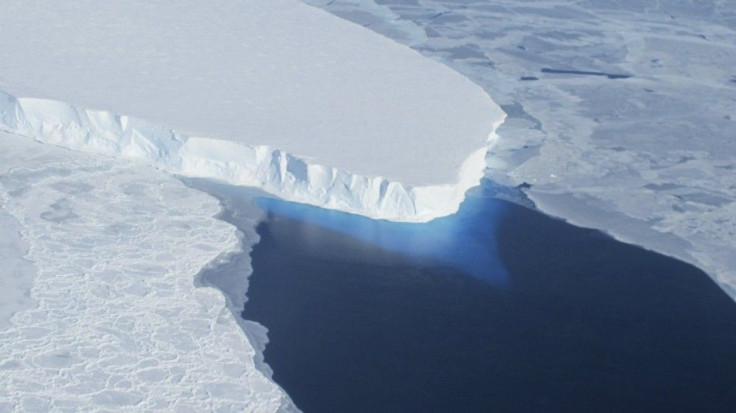Global warming postpones next Ice Age by 50,000 years, according to scientists

Humans have caused the next Ice Age to happen 100,000 years later, 50,000 years more than previously thought, according to a study by the Potsdam Institute for Climate Impact Research (PIK). Despite serious concerns about global warming, this evidence shows a positive effect of man-made action on climate change.
The study, published in the journal Nature, says that the onset of a new Ice Age was hindered by the 1800s at the start of the Industrial Revolution. Increasing emissions of CO2 from burning coal, gas and oil have been enough to delay the timing of the next Ice Age.
According to lead author Andrey Ganopolski, the world went through glacial cycles, which lasted up to 100,000 years. For 80,000 to 90,000 years in each cycle, an “ice age” occurred that led the ice sheets to cover North America and Eurasia. Ice ages were caused by a combination of long-term shifts in the Earth's orbit and the concentration of carbon dioxide in the atmosphere.
Through this study, the researchers have shown the relationship between atmospheric carbon dioxide levels, the spread of ice sheets that happens during an Ice Age and insolation, a measure of the Sun’s energy that reaches the Earth. The team replicated the last eight glacial cycles with computer models and these allowed them to speculate about when the next Ice Age might occur.
Nevertheless, even without the man-made climate change, the next Ice Age probably would not happen for another 50,000 years, the scientists added. Ganopolski asserted that basically, the world is unexpectedly skipping a whole glacial cycle. Still, this does not hide the fact that climate change may threaten every nation’s existence because of rising sea levels stemming from the melting of the ice sheets.
Andrew Watson, a professor of Earth Sciences at the University of Exeter but was not involved in the study, claimed that humans now effectively control the Earth’s climate, based on this new research. However, people have not reached the level of wisdom to enable them to use that power responsibly.
Richard Allan, a professor from the University of Reading, said the next Ice Age is not that big of a deal, so worrying about it is not worth it. Instead, Allan urged to look at the effects of human-made climate change that would happen soon if this has not been taken care of immediately.






